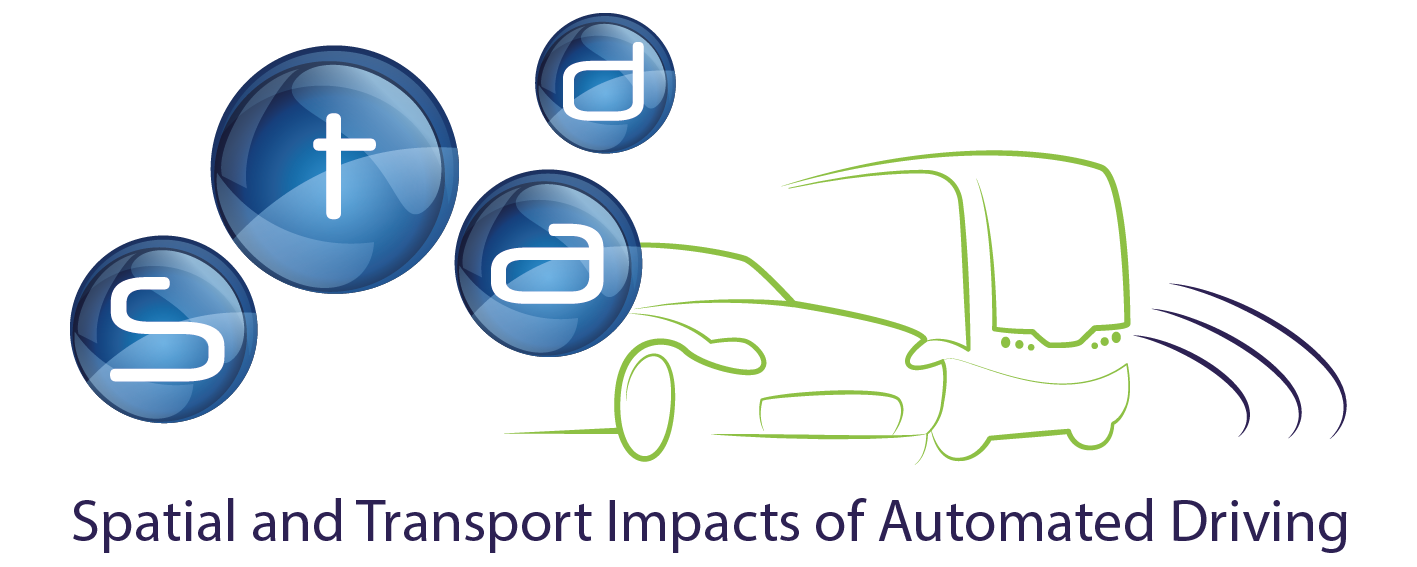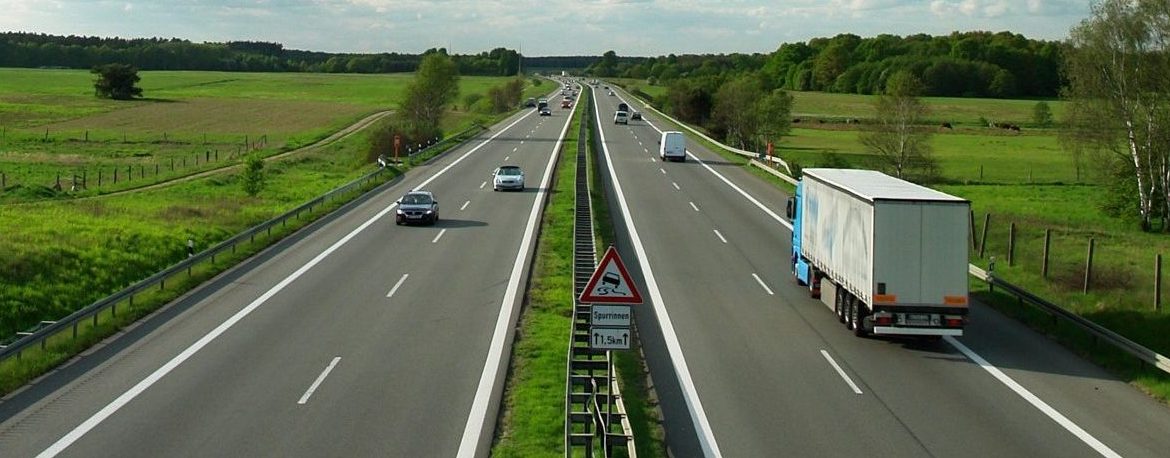Dear visitors of the STAD and MHC online College tour,
We had our last session of the online College tour with again many participants. Hereby we would like to thank you all for joining.
As you all know, the college tour has been recorded. You are welcome to share the sessions within your network or take a look at the one you missed. You can watch the recordings below or on YouTube.
A link to the STAD movie can be found here: English / Dutch
We hope to keep in touch!
Automated Driving on the Path of Enlightenment?
Automated Driving On-line College tour: spatial and transport impacts and meaningful human control
Due to the circumstances of COVID-19, it was no longer possible to host the final open event at Connekt as was planned originally. Instead, STAD and MHC organized an On-line College tour, such that we were still able to look back and forward on what we learned and what we can do with the knowledge we obtained during the last 4 years in STAD.
In this On-line College tours the researchers shared the results of their 4 years of work in STAD and MHC. Every session closed with a panel discussion. The following sessions were organized:
Webinar 1: Opening and keynote – 10th of June (15.00 – 17.00)
Opening of the college tour by:
- Introduction by Wim Korver
- Bart van Arem: Four years of STAD in five lessons
- Filippo Santoni De Sio: Meaningful Human Control over Automated Driving Systems
- Keynote by Jane Lappin: Assessing the tipping point for AV herd immunity: What proportion of the fleet must be L4/5 for all vehicles to receive “can’t crash” safety protection?
This webinar was moderated by Wim Korver, director of Goudappel Groep.
Webinar 2: Infrastructure – 18th of June (15.00 – 16.30)
This session was on the topic “Infrastructure”, Bahman Madadi, Jeroen van der Gun and Bachtijar Ashari will share their work on infrastructure service networks, which networks can facilitate automated driving? (Bahman) And impact modelling for automated driving, what kind of impact can we expect on the modal shift, on the traffic jams and on our future accessibility? (Bachtijar and Jeroen)
- Introduction by Maaike Snelder
- Bachtijar Aschari: New Mobility Modeller
- Bahman Madadi: Design and optimization of road networks for automated vehicles
- Jeroen van der Gun: Modelling automated driving impacts using what we know
This webinar was moderated by Maaike Snelder (TU Delft, TNO).
Webinar 3: Mobility – 25th of June (15.00 – 16.30)
This session was on the topic “Mobility”, Baiba Pudāne, Giulio Mecacci and Francis Ostermeijer will share their work on travel and location choice behavior, when cars are driving themselves, how will this impact our activity patterns? (Baiba) Ethical and philosophical insights on the notion of meaningful human control applied to automated driving systems (Giulio) and impact of automated driving on spatial structures and economy (Francis).
- Introduction by Natascha Agricola
- Baiba Pudāne: A day in the life with AV
- Francis Ostermeijer: Parking implications of AVs
- Giulio Mecacci: Automation, responsibility and meaningful human control
This webinar was moderated by Natascha Agricola (TNO).
Webinar 4: Freight/Platoon – 27th of August (15.00 – 16.30)
This session was on the topic “Freight and platoons”, Anirudh Kishore Bhoopalam and Simeon Calvert will share their work on the application of automated driving systems in the freight and logistics sector such as platooning (Anirudh) and the impact of automated driving on the road network (Simeon).
- Introduction by Tom Alkim
- Anirudth Kishore: Spatial and temporal synchronization of truck platoons
- Simeon Calvert: What does vehicle automation with Meaningful Human Control mean in practice?
This webinar was moderated by Tom Alkim (European Commission).
Webinar 5: Behaviour – 10th of September (15.00 – 16.30)
This last session was on the topic “behaviour”, Pablo Nuñez Velasco, Daniel Heikoop and Reanne Boersma will share their work on people’s behaviour when encountering automated vehicles and how this influences urban design and traffic safety (Pablo). How we can have the driver of an automated vehicle maintain proper control of the vehicle, from a human-oriented perspective (Daniel). Finally the work of Reanne Boersma on what we learned from different pilots and demonstrations of automated driving.
- Introduction by Peter van der Knaap
- Pablo Nuñez Velasco: Should I stop or should I cross? Interactions between vulnerable road users and automated vehicles
- Reanne Boersma: The road from pilots to implementation. Lessons learned based on knowledge gained from practice
- Daniël Heikoop: The search for personal control over our automated cars: tailor-made or tailor-taught?
This webinar was moderated by Peter van der Knaap (SWOV).
STAD
The Spatial and Transport Impacts of Automated Driving, or STAD, is a joint research project about the implications of the future of accessibility and spatial development of mobility with respect to autonomous driving technologies.
MHC
Meaningful Human Control, or MHC aims to develop a new theory of meaningful human control for automated driving systems. This notion of control is meant to aid the transition from human driving to automated driving, and promote safety and a clear attribution of responsibility in case of traffic accidents. Starting from this theory, the research team will formulate ethical and technical recommendations for the different stakeholders involved with the design, development and regulation of such autonomous systems.
For other previous STAD events, see here.

